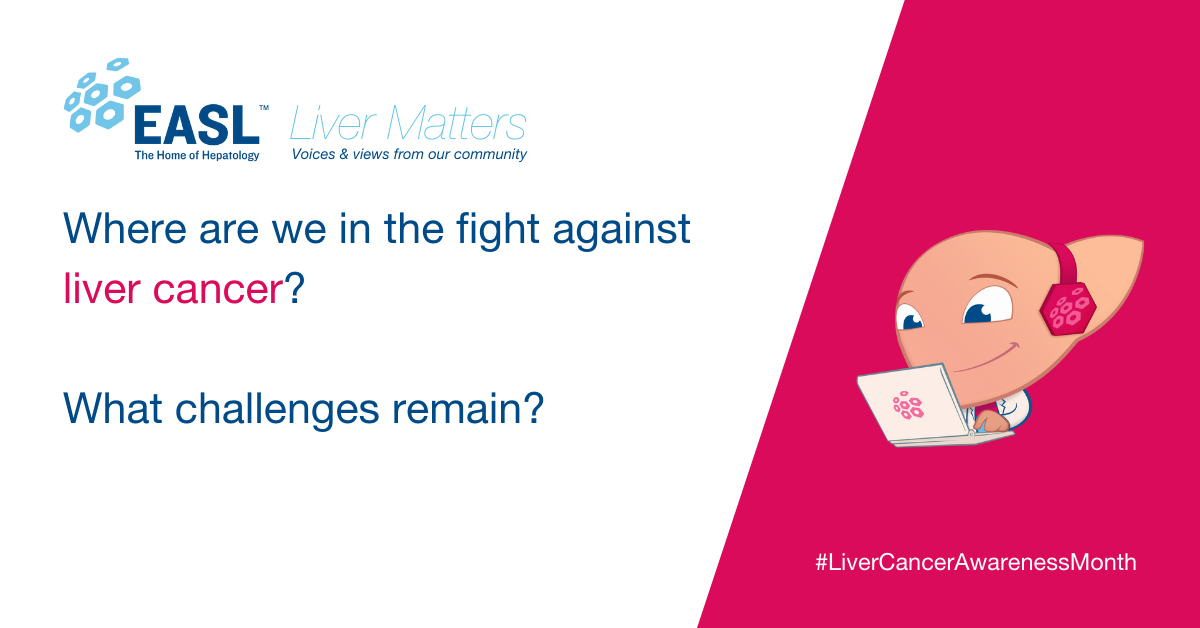
More than 800,000 people died from liver cancer in 2020, making liver cancer the third most common cause of cancer death globally.
In Europe, more than 98,000 persons are diagnosed with liver cancer every year, while around 89,000 die from it. For those patients with cirrhosis, it is the primary cause of death. Raising public awareness is key. Not only because liver cancer is a major health problem, but because it is also associated with many prevailing liver considerations, such as hepatitis B and C, excessive alcohol intake, non-alcoholic steatohepatitis (NASH), and and its precursor, non-alcohol related fatty liver disease (NAFLD). Liver cancer could be considered as the end-stage of these diseases and infections.
Prevention and early detection are crucial to beating liver cancer.
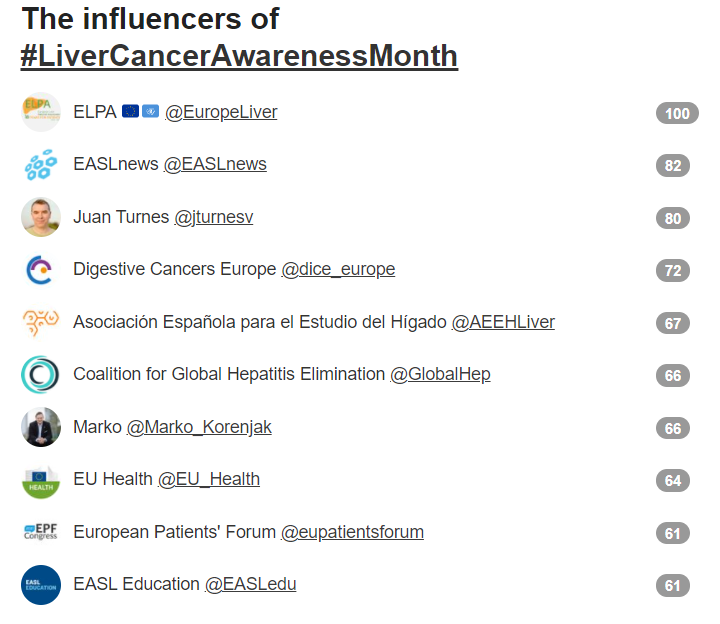
For this dedicated month, we have given the floor to important stakeholders in the fight against liver cancer: Veronika Všetičkova from the European Liver Patients’ Association (ELPA) and Lorenza Rimassa from Humanitas. They answered a few questions for us about the fight against liver cancer, its status quo, and challenges that remain.
According to you, what are the key achievements in the fight against liver cancer, to date?
In recent years, new systemic treatments have been shown to be active and safe for patients with unresectable/unsuitable for locoregional therapies hepatocellular carcinoma (HCC) and cholangiocarcinoma (CCA). For HCC, the recent approval of the combination of atezolizumab + bevacizumab has completely changed the standard of care. For CCA, the approval of pemigatinib (and, in the USA, also of ivosidenib) has demonstrated the possibility of precision medicine in this disease, for the very first time.
What are the current challenges regarding liver cancer and its prevention?
Lack of awareness of the disease, especially for CCA; and the increase in prevalence of metabolic syndrome/NAFLD/NASH, with no surveillance/screening programmes for these patients.
What achievements regarding liver cancer do you foresee?
For HCC, more combination treatments including immunotherapy and antiangiogenics/TKIs in the advanced setting, but also use of systemic therapy in the early and intermediate settings, in combination with curative or locoregional approaches. For CCA, more targeted agents (precision medicine) and/or combination in the advanced/metastatic setting.
What are your top three pieces of advice on preventing liver cancer?
Vaccinating against viral hepatitis and treating it; controlling metabolic syndrome and/or associated diseases, such as diabetes; and running broad surveillance programmes.

Lorenza Rimassa
Director of the Residency School of Medical Oncology, Humanitas University, Milan, Italy
In recent years, new systemic treatments have been shown to be active and safe for patients with unresectable/unsuitable for locoregional therapies hepatocellular carcinoma (HCC) and cholangiocarcinoma (CCA).
My advice on preventing liver cancer: vaccinating against viral hepatitis and treating it; controlling metabolic syndrome and/or associated diseases, such as diabetes; and running broad surveillance programmes.

Veronika Všetičkova
Head of ELPA Brussels office and EU Affairs, Belgium
Europe has the most significant burden of liver disease globally, with this burden expected to grow.
We are at a crossroads in our fight against liver cancer in Europe […] All stakeholders across Europe should work together to ensure equality of best-practice implementation in the knowledge, prevention, diagnosis, and management of liver cancer.
According to you, what are the key achievements in the fight against liver cancer, to date?
Treatment options for liver cancer have improved significantly over recent years. In addition, treatments and preventive actions have been convincingly demonstrated regarding the risk factors, such as viral hepatitis, for developing liver cancer. This makes early diagnosis the most critical point.
What are the current challenges regarding liver cancer and its prevention?
We are at a crossroads in our fight against liver cancer in Europe. Unfortunately, it is a fight we are currently losing. More than 98,000 European citizens are diagnosed with liver cancer, while around 89,000 die from the disease every year. Europe has the most significant burden of liver disease globally, with this burden expected to grow. There are wide disparities across EU countries in terms of implementation of best practices and corresponding survival rates.
What achievements regarding liver cancer do you foresee?
All stakeholders across Europe should work together to ensure equality of best practice implementation in the knowledge, prevention, diagnosis, and management of liver cancer. Best practices should be implemented at every stage of the patient pathway in each country, giving every patient the best possible opportunity for a positive outcome.
What are your top three pieces of advice on preventing liver cancer?
I have more than three. My advice includes:
- universal vaccination against the hepatitis B virus
- universal treatment of the hepatitis C virus
- prevention of heavy alcohol intake
- prevention and control strategies to manage obesity and being overweight
- universal implementation of surveillance programmes for patients at risk, and
- new tools for early detection.



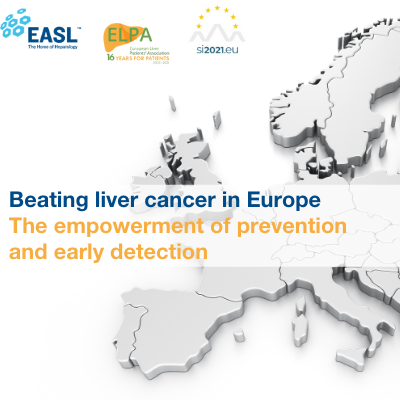
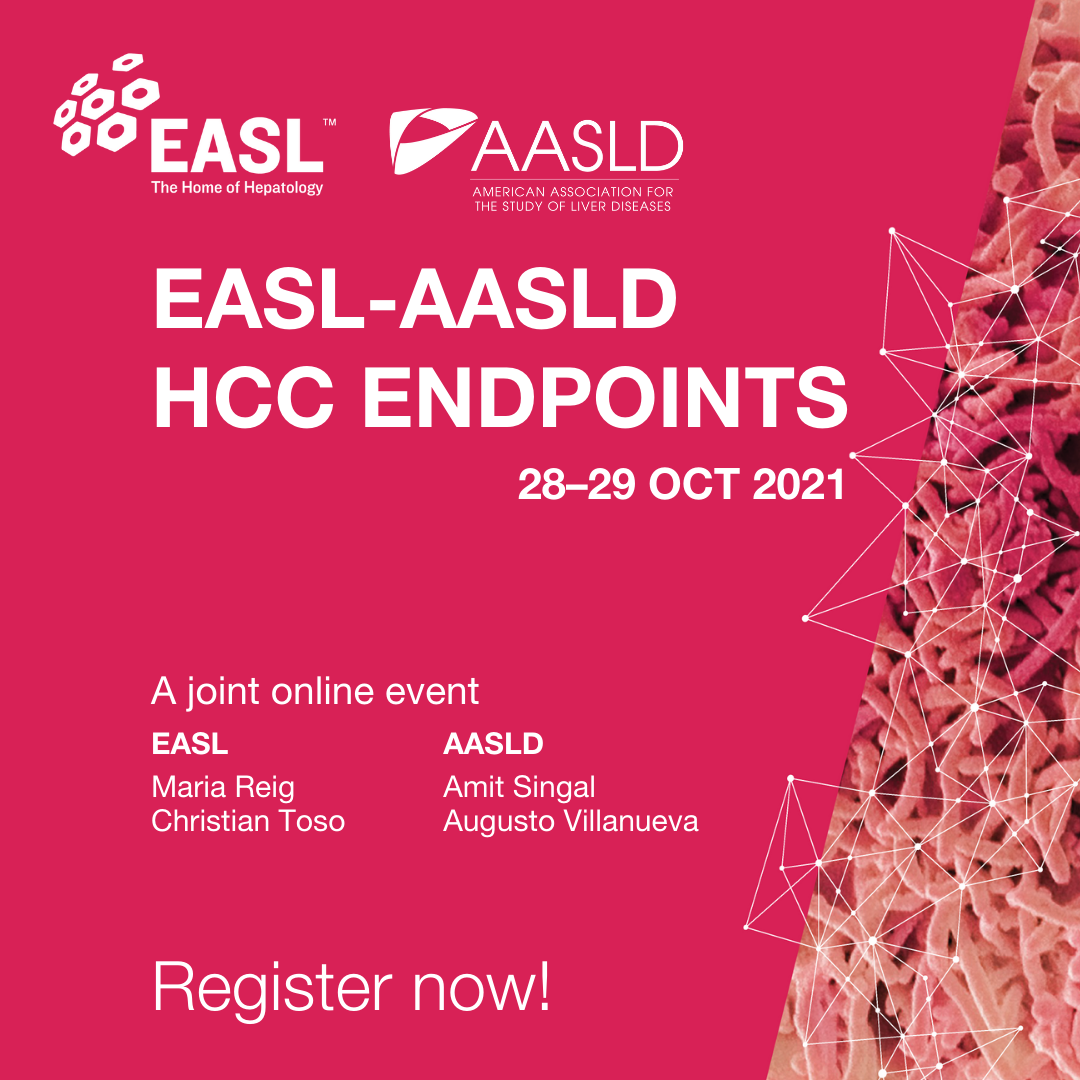
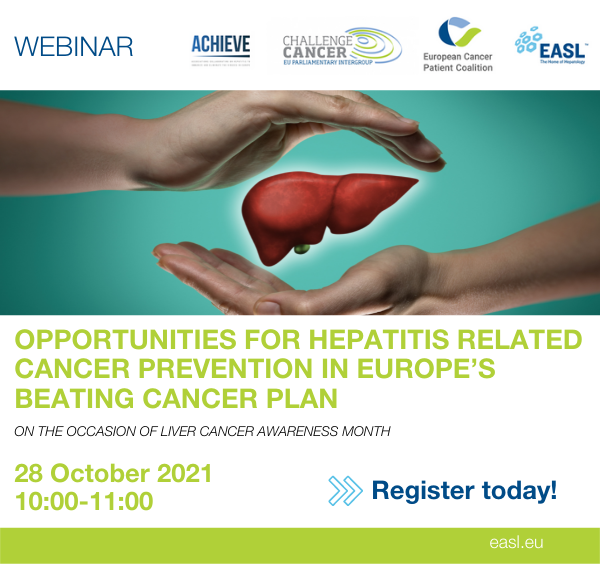
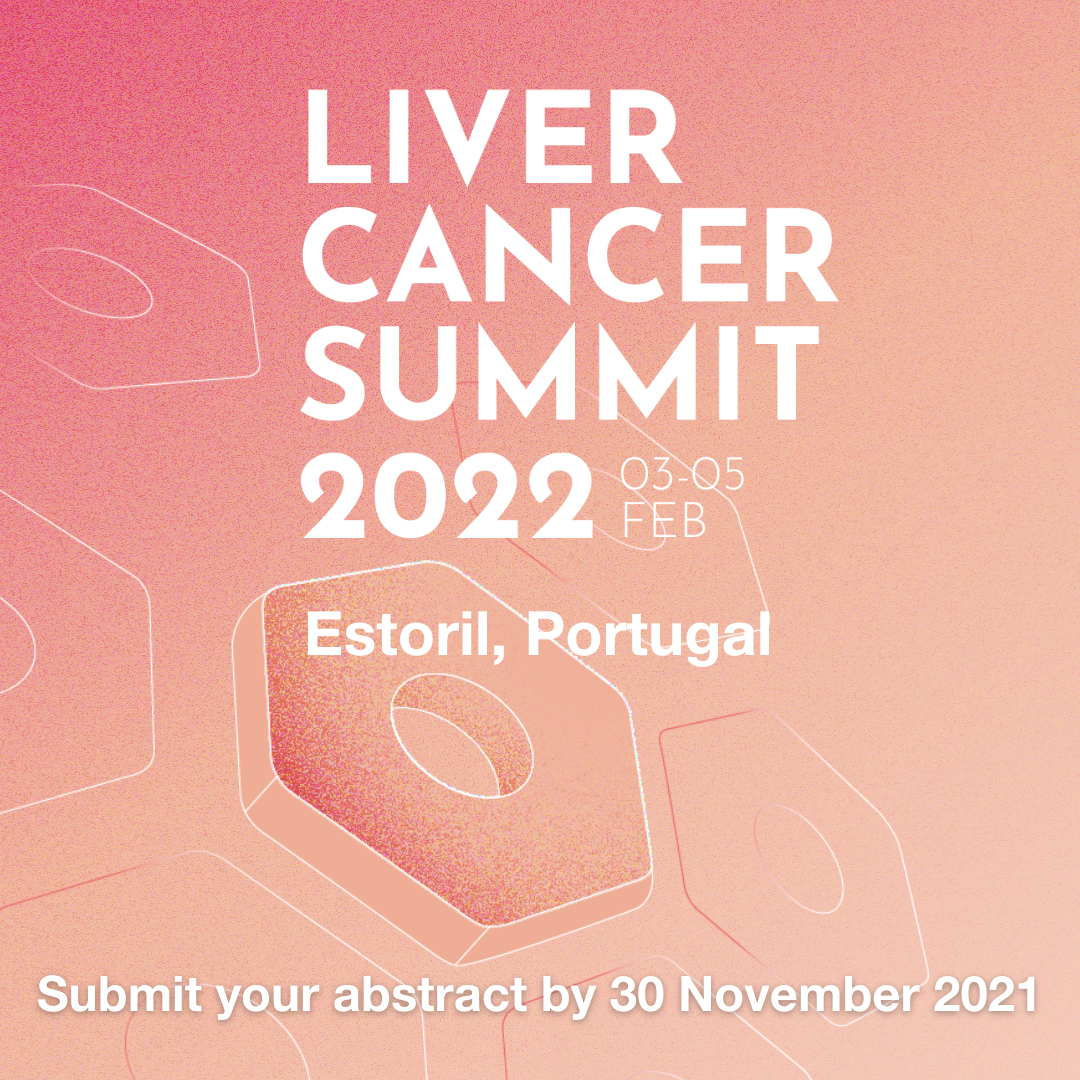

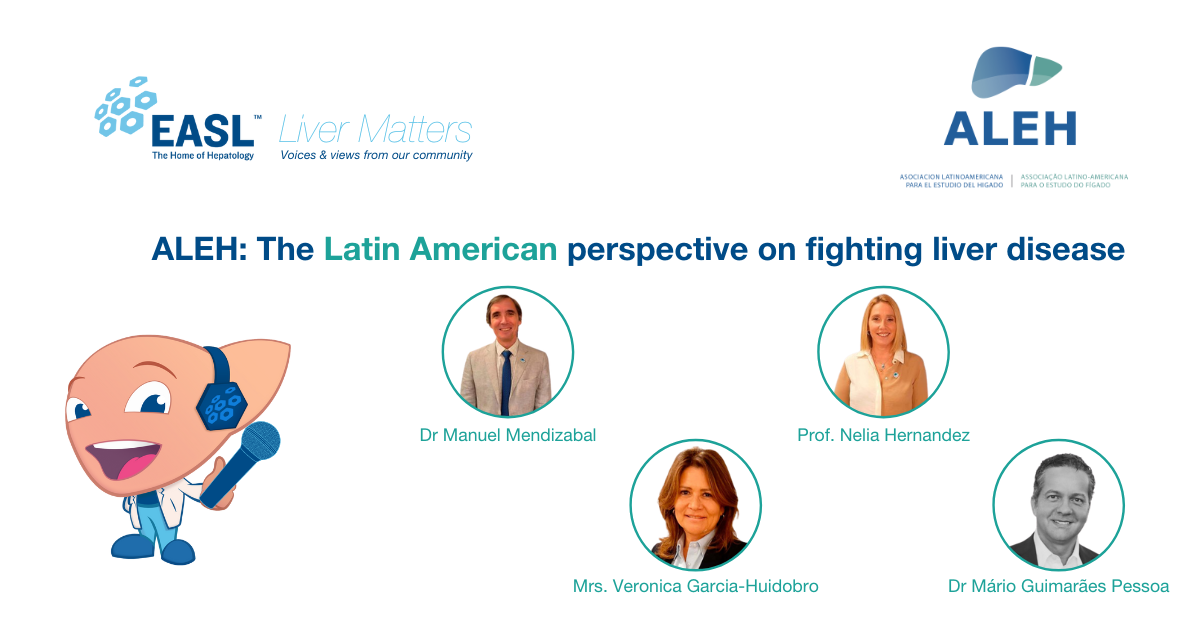
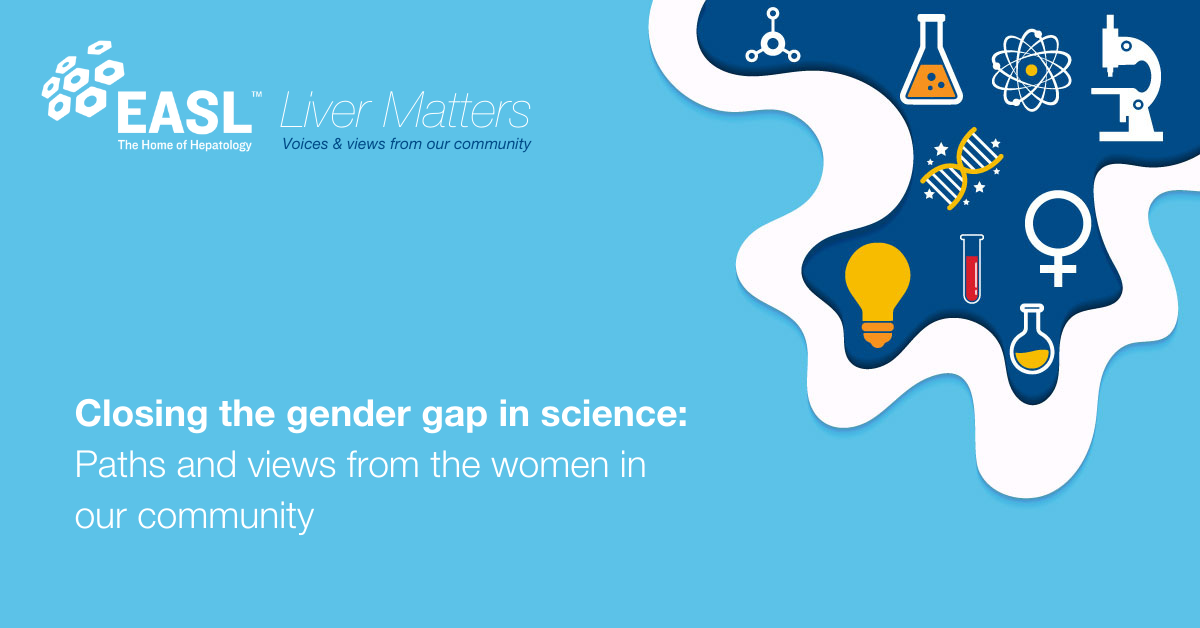
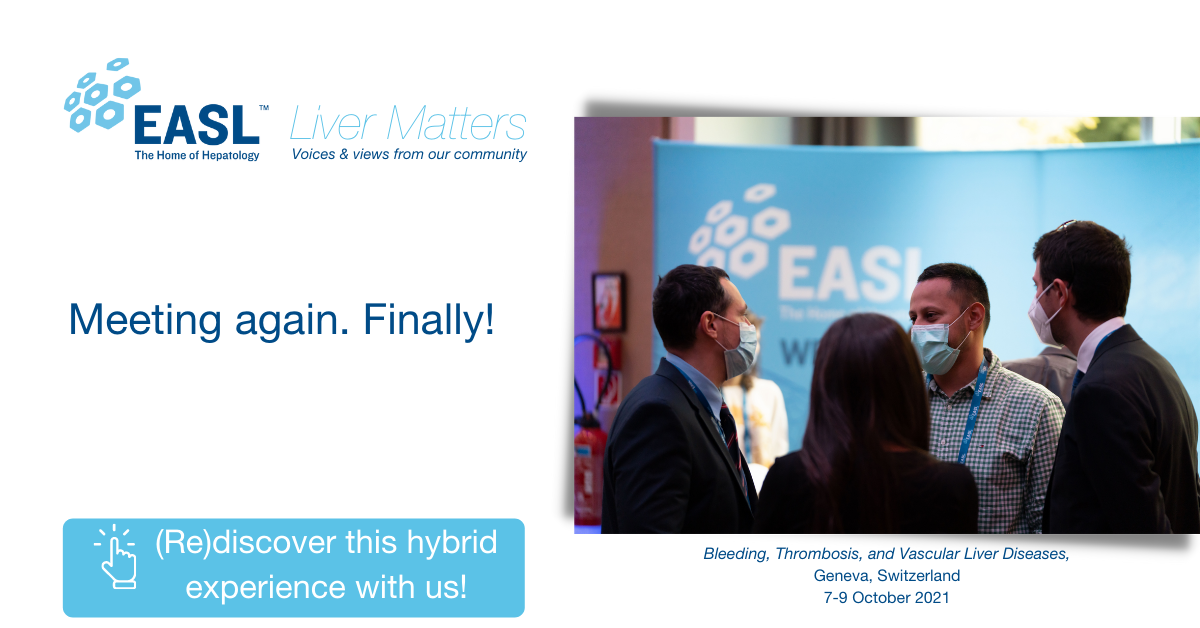
Comments (0)